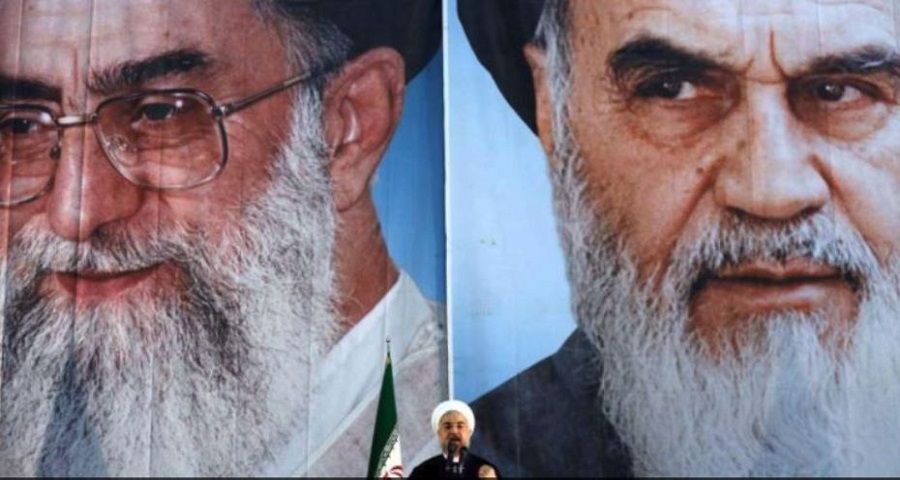Opinion Iran Must Adapt to New Strategic Reality – or Risk the Fall of the Islamic Republic
موشى أرينز/من الهآررتس/على إيران أن تتأقلم مع الواقع الإستراتيجي الجديد أو المخاطرة بسقوط نظام الملالي الإسلامي
Moshe Arens/Haaretz/July 02/18
Will the Iranian people force their leaders to put an end to the Islamic Republic? That does not seem impossible at the present time.
The Iranian rial has gone from 25,000 per U.S. dollar to 43,000 per dollar in the past four years. But that is only the official rate; on the black market it is double that. The Iranian economy is in trouble and there are demonstrations against the government in the streets of Tehran and other cities. The demonstrators are calling for an end to Iranian involvement in Syria and Yemen.
The Russians, in cooperation with the Saudis, are breaking ranks with OPEC and that will keep the price of oil down – more bad news for the Iranian economy, which is based primarily on oil.
The rulers in Tehran keep pumping resources into Hezbollah and in support of the Iranian adventures in Syria and Yemen. How much longer can this go on?
But the really bad news for Tehran came from Washington when President Donald Trump announced that the United States was withdrawing from the comprehensive nuclear deal with Iran. It means that many of the sanctions imposed on Iran over the years would not be lifted, and others would be imposed unless the Iranians agree to renegotiate the nuclear agreement.
The European signatories to the agreement – France, the United Kingdom and Germany – although not withdrawing from it, have let it be known that the agreement needs to be amended and that Iranian ballistic missiles and their expansion into Syria and Yemen should be limited.
Israel has made it clear that it will not agree to the presence of Iranian troops and installations in Syria. Attacks by the Israel Air Force have made that point.
The Russian-Iranian alliance in Syria seems to be unraveling. Vladimir Putin and Benjamin Netanyahu are holding frequent discussions on the subject. Putin agrees that Iranian troops should not be allowed near the Israeli border. Now Trump is going to meet Putin in Helsinki on July 16. Syria, no doubt, will be on the agenda. That should give the rulers in Tehran cause for concern.
We may be witnessing a major change of strategic proportions regarding Iran’s role in the Middle East. Barack Obama was prepared to acknowledge that Iran was and should be a major regional power and was prepared for an agreement that would provide Iran with vast resources for the implementation of such a role, in complete disregard of Israel’s concerns. Trump, fully aware of Israel’s concerns, wants to see the Iranians getting out of Syria. The wind seems to be blowing the other way now. That is good news for Israel.
Will the rulers in Tehran accommodate themselves to a changing situation, and abandon their ambitious plans? Or will the Iranian people force them to do so and put an end to the Islamic Republic? The latter does not seem impossible at the present time. That would be major victory for Trump – and also for Netanyahu, who has been waging a campaign against the Iranian nuclear program and the rule of the ayatollahs for many years.
For many years Iran has been Israel’s major security threat: conducting a program designed to achieve a nuclear bomb, developing long-range ballistic missiles, strengthening Hezbollah and threatening Israel almost daily with destruction. After the nuclear deal with the four members of the UN Security Council plus Germany, Iran began an active program of deploying its forces and military installations in Syria, approaching Israel’s border, while maintaining its capability to achieve a nuclear bomb and continuing its ballistic missile development.
Recent developments may bring about a weakening of Iran’s government and possibly even its downfall. If that turns out to be the case, Israel will be able to breathe a sigh of relief.


















